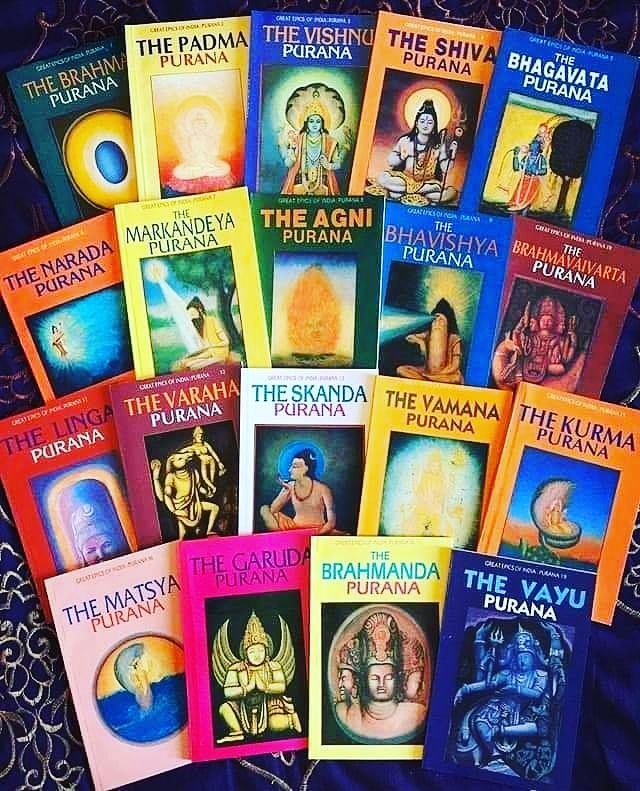Election Fraud, Insurrection Act, Martial Law, the Only Way: https://t.co/MmBZgaeBoo
1. The military is the only way. Why not just invoke the Insurrection Act and take down these traitors? – because the people won't accept it. They must first see it for themselves.
More from BK
More from Fraud
🚨 SMARTMATIC + Venezuela = Election fraud disaster
@SidneyPowell1
CONTINUE⬇️

In a document found on Wikileaks:
“Smartmatic was founded in the late 90s by 3 Venezuelans, Antonio Mugica, Alberto Anzola, and Roger Pinate.
The electronic voting company went from a small technology startup to a market player in just a few
“Mugica has told Poloffs on several occasions that Anzola, Pinate, and he are the owners of Smartmatic, though they have a list of about 30 investors who remain anonymous.”
“Prior to 2004, SMARTMATIC had 0 election experience and otherwise was a fledgling business.
Reportedly critical to the SBC consortium’s award of the $91 mil 2004 recall election contract from the Chávez dominated CNE was a $150,000 + investment by the Venezuelan government”
https://t.co/zBeQryUqHw
@SidneyPowell1
CONTINUE⬇️

In a document found on Wikileaks:
“Smartmatic was founded in the late 90s by 3 Venezuelans, Antonio Mugica, Alberto Anzola, and Roger Pinate.
The electronic voting company went from a small technology startup to a market player in just a few
“Mugica has told Poloffs on several occasions that Anzola, Pinate, and he are the owners of Smartmatic, though they have a list of about 30 investors who remain anonymous.”
“Prior to 2004, SMARTMATIC had 0 election experience and otherwise was a fledgling business.
Reportedly critical to the SBC consortium’s award of the $91 mil 2004 recall election contract from the Chávez dominated CNE was a $150,000 + investment by the Venezuelan government”
https://t.co/zBeQryUqHw
You May Also Like
1/ Here’s a list of conversational frameworks I’ve picked up that have been helpful.
Please add your own.
2/ The Magic Question: "What would need to be true for you
3/ On evaluating where someone’s head is at regarding a topic they are being wishy-washy about or delaying.
“Gun to the head—what would you decide now?”
“Fast forward 6 months after your sabbatical--how would you decide: what criteria is most important to you?”
4/ Other Q’s re: decisions:
“Putting aside a list of pros/cons, what’s the *one* reason you’re doing this?” “Why is that the most important reason?”
“What’s end-game here?”
“What does success look like in a world where you pick that path?”
5/ When listening, after empathizing, and wanting to help them make their own decisions without imposing your world view:
“What would the best version of yourself do”?
Please add your own.
2/ The Magic Question: "What would need to be true for you
1/\u201cWhat would need to be true for you to\u2026.X\u201d
— Erik Torenberg (@eriktorenberg) December 4, 2018
Why is this the most powerful question you can ask when attempting to reach an agreement with another human being or organization?
A thread, co-written by @deanmbrody: https://t.co/Yo6jHbSit9
3/ On evaluating where someone’s head is at regarding a topic they are being wishy-washy about or delaying.
“Gun to the head—what would you decide now?”
“Fast forward 6 months after your sabbatical--how would you decide: what criteria is most important to you?”
4/ Other Q’s re: decisions:
“Putting aside a list of pros/cons, what’s the *one* reason you’re doing this?” “Why is that the most important reason?”
“What’s end-game here?”
“What does success look like in a world where you pick that path?”
5/ When listening, after empathizing, and wanting to help them make their own decisions without imposing your world view:
“What would the best version of yourself do”?

















